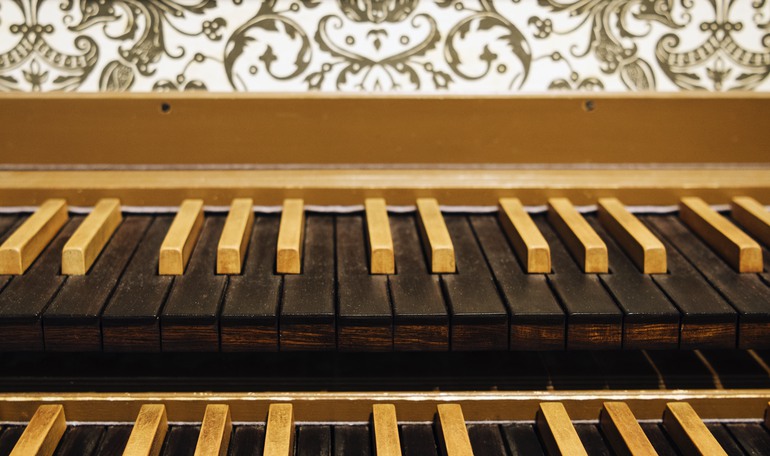
"Feminine repertoire" and home musicians in Sweden 1780-1860: a counter-narrative for today's musicians
Through "musical empathy", the project wishes to investigate and challenge normative perspectives within the Swedish music repertoire.
Project manager and accountable authority: Anna Paradiso, KMH
Co-applicant: Dan Laurin, KMH
Funder: The Research Council (artistic research)
Project period: 2022-2024
Purpose of the research project
The project wants to investigate how aesthetic values are based not only on the content of the music but also on prejudices surrounding a certain repertoire and propose a counter-narrative that challenges normative perspectives within the Swedish music repertoire, including gender-based categorizations. The aim is to restore a significant part of our musical repertoire that has simply fallen silent.
Method and intended outcome
The project uses three types of piano instruments that were used from 1780 to 1860, which is the time frame of the project. In addition to the harpsichord and clavichord, there is access to a table by Bellman's instrument maker Mathias Petter Kraft from 1797, a Broadwood grand piano from 1802 and a piano by Érard from 1858.
The project wants to show that the instrument the musician plays is absolutely decisive for the interpretation. The process is based on "musical empathy", i.e. the ability to have an unconditional dialogue with the musical work. The method assumes that the same piece is played on different instruments with different playing styles, and thus interpretations, as a result. This is discussed, evaluated and documented through video recordings in what the project calls its "interpretation laboratory".
The results will be reported by being invited to a salon where the participants can make new acquaintances with composers who have been silent for more than 150 years.
